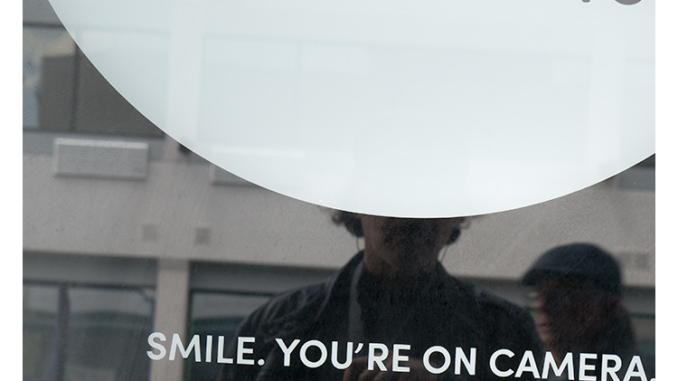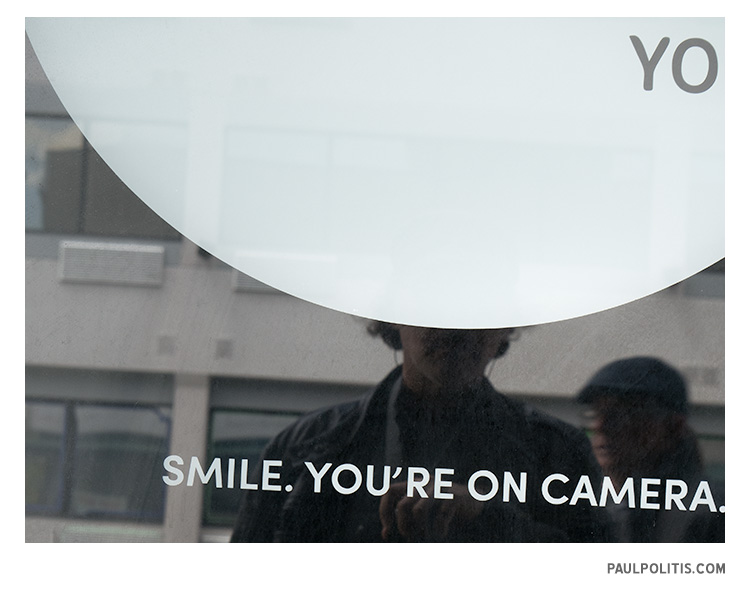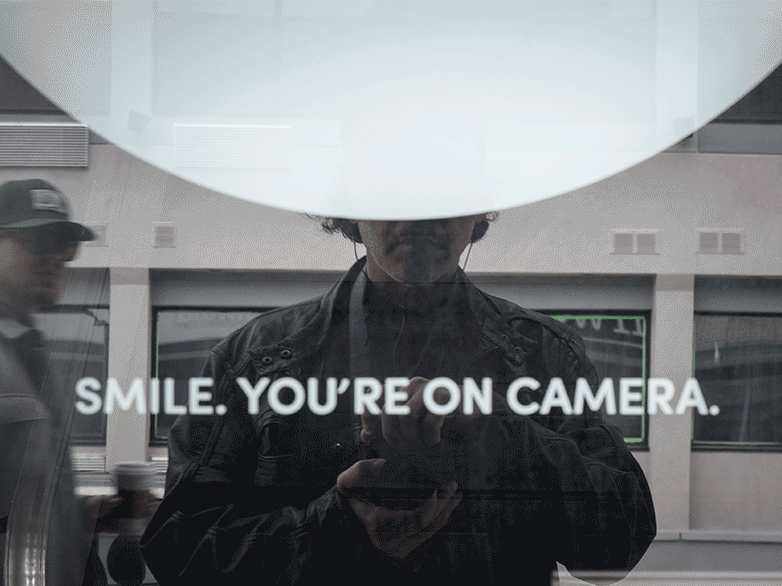
The other day, I picked up my copy of Art & Fear and started reading at a random page. It’s one of those books where you can do that. I hadn’t read it in quite a while and reading it again gave me an even deeper appreciation for its insights. I was struck by passages I’d previously underlined and, revealingly, quite a few that I hadn’t. Five years on from first reading it I bring a deeper experience to my understanding, and different perspectives.
“Making art now means working in the face of uncertainty; it means living with doubt and contradiction doing something no one much cares whether you do, and for which there may be neither audience nor reward. Making the work you want to make means setting aside these doubts so that you may see clearly what you have done, and thereby see where to go next. Making the work you want to make means finding nourishment within the work itself.”
— David Bayles and Ted Orland, Art & Fear
“The function of the overwhelming majority of your artwork is simply to teach you how to make the small fraction of your artwork that soars. One of the basic and difficult lessons every artist must learn is that even the failed pieces are essential. X-rays of famous paintings reveal that even master artists sometimes made basic mid-course corrections (or deleted really dumb mistakes) by overpainting the still-wet canvas. The point is that you learn how to make your work by making your work, and a great many of the pieces you make along the way will never stand out as finished art. The best you can do is make art you care about — and lots of it!”
— David Bayles and Ted Orland, Art & Fear
“In large measure becoming an artist consists of learning to accept yourself, which makes your work personal, and in following your own voice, which makes your work distinctive.”
— David Bayles and Ted Orland, Art & Fear
* * * * *
“Paradoxically, photographers must also face the threat that their vision may one day be denied them. Their capacity to find their way to art, which is their consolation – to see things whole – may fail an hour or a month or forever because of fatigue or misjudgment or some shift in spirit that cannot be predicted or understood or even recognized until it has happened past correction. For every Atget, Stieglitz, Weston, or Brandt who remain visionary to the end, there is an Ansel Adams who, after a period of extraordinary creativity, lapses into formula.”
—Robert Adams, Why People Photograph

